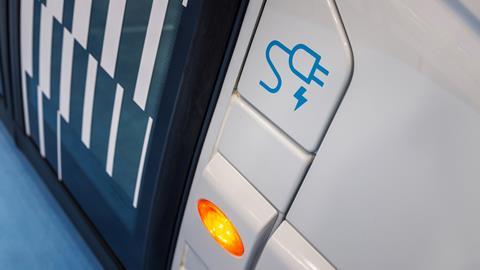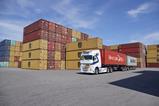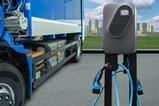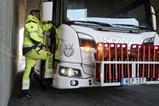The European Automobile Manufacturers’ Association (ACEA) has welcomed the agreement reached by MEPs and national ministers on the Alternative Fuels Infrastructure Regulation (AFIR) governing the EU-wide deployment of charging and refueling stations for all vehicle segments.
The agreement, however, falls short of the necessary ambition levels set for vehicle manufacturers in terms of CO2 targets, and a significant “infrastructure gap” will continue to limit CO2 reductions and the transition of the road transport sector to climate neutrality, says the organisation.

ACEA Director General, Sigrid de Vries, stated that “already today, a lack of charging and refueling stations is severely hampering the market uptake of zero-emission vehicles” and that AFIR has a crucial role to play as the shift to carbon-neutral transport is made. While ACEA acknowledges the co-legislators have adjusted their respective positions to reach an agreement on AFIR, the outcome remains below the necessary ambition levels to match the CO2 targets set for vehicle manufacturers.
The derogations for member states will limit the coverage of the infrastructure network across the EU. Moreover, in order to meet the recently-proposed CO2 reduction levels (-45% by 2030), some 400,000 battery-electric and hydrogen-powered trucks would have to be in operation on EU roads by the end of the decade, with more than one-third of all new trucks sold being zero-emission every year from 2030. These vehicles would require more than 50,000 chargers suitable for heavy-duty vehicles, including some 35,000-megawatt chargers, as well as at least 700 hydrogen refueling stations. With the current state of charging and refueling infrastructure, even the current CO2 targets (-30% by 2030) are out of reach.
The AFIR agreement falls short of the necessary ambition levels, both with respect to the necessary power outputs and deployment timelines. The short-term review for heavy-duty vehicles, now agreed upon by the co-legislators, will have to ensure that further adjustments are made to address the specific requirements of trucks. In addition to AFIR, member states must urgently ensure that planning and permitting processes are accelerated, power grids are upgraded, and suitable areas are made available for truck-charging, says ACEA.


















